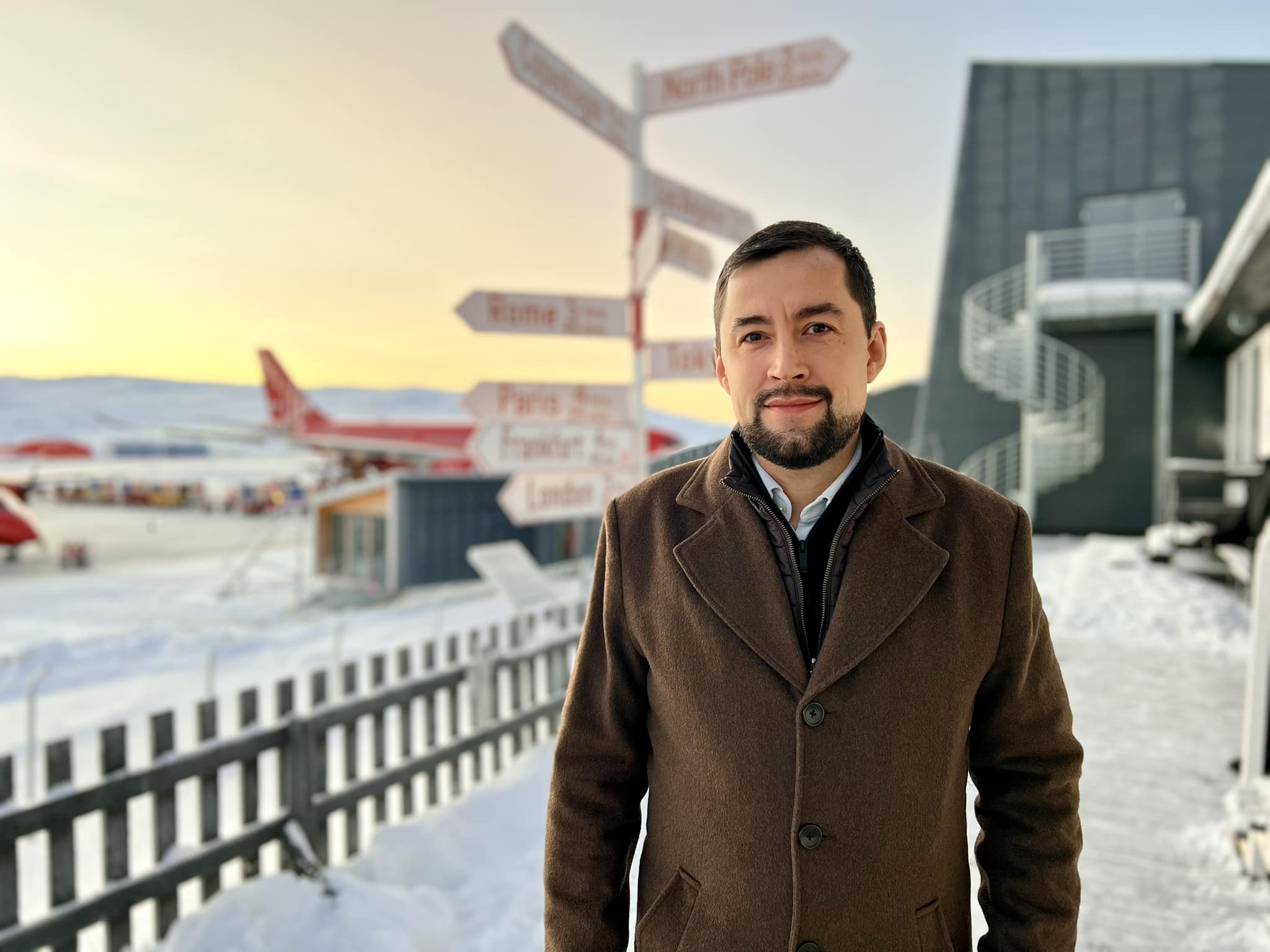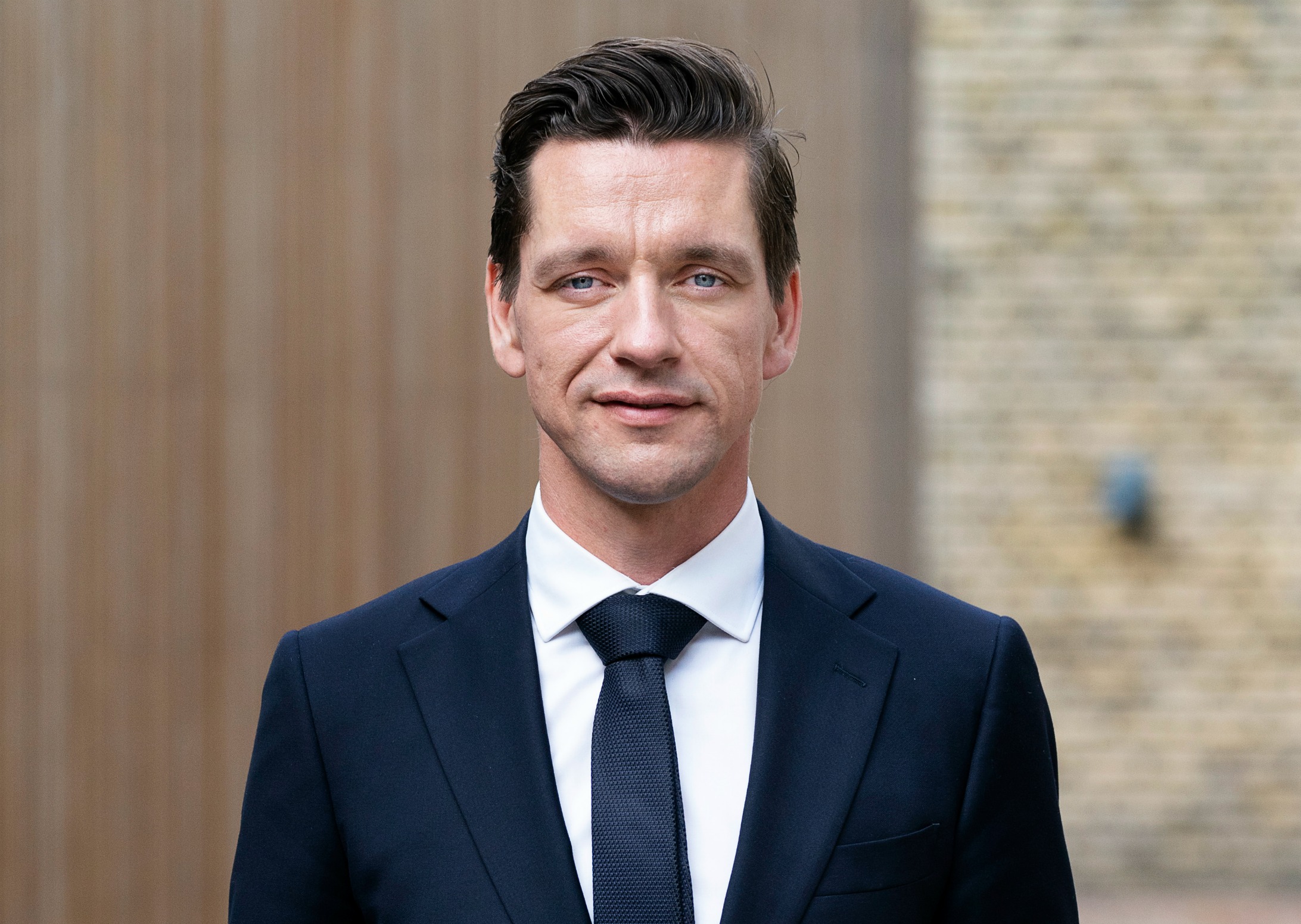Their names are Kim Fupz Aakeson and Anders Thomas Jensen, and they are known as the ‘kings of Danish screenwriting’. Between the two of them, they are credited with writing 73 scripts for Danish cinema since the mid-1990s. Aakeson’s credits include ‘En soap’ (‘A Soap’)and ‘Den eneste ene’ (‘The One and Only’); while Jensen is Susanne Bier’s favourite writer, providing her with the scripts for ‘Efter Brylluppet’ (‘After the Wedding’), ‘Den Skaldede Frisør’ (‘Love is All You Need’) and the Oscar-winning ‘Hævnen’ (‘In a Better World’). Talk about hogging the limelight.
“Denmark is a small country,” Morten Egholm, a lecturer on media history at the University of Copenhagen and a cinema professor at the Danish Institute for Study Abroad, told The Copenhagen Post. “That makes it difficult to find many new writers.”
A monopolisation of scriptwriting has been the norm in Denmark for quite some time. The majority of the films from the 1930s and 40s were all written by the same six writers. But this creates very serious issues. In essence, screenwriting for Danish films becomes an elite club that is difficult to join. “As a result, many Danish films become very similar in tone,” said Egholm.
Annette K Olesen, a director who has worked with Aakeson, had mixed feelings about the way the two screenwriters dominate Danish cinema.
“If you ask me as a director who has worked with [Aakeson], there’s nothing like working with a writer who is interested in co-operation, who is efficient and who is professional about his work,” Olesen said.
Aakeson and Olesen have worked together on four features, including the 2002 dramedy ‘Små ulykker’ (‘Minor Mishaps’) and the 2004 Dogme revival ‘Forbrydelser’ (‘In Your Hands’).
The benefit of working with an experienced writer such as Aakeson, noted Olesen, is that he can envision how a scene will play out even before the actors breathe life into the script. “Very often, I’ve stood on a set and wondered: ‘Is this going to be good?’” she said. “But you always have to try it because you will suddenly discover why it’s so clever.”
Lars von Trier, perhaps Denmark’s most famous − and infamous − director, would beg to differ. He has made it well known that he feels the command Aakeson and Jensen have over Danish cinema creates formulaic and uninteresting films. And Olesen, speaking as somebody who works in the Danish film industry, agrees. “There is a limit to how much one script can differ from another script written by the same writer,” she noted. “There’s a real risk of tiring the audience with the sense that they’ve somehow seen this film before or somehow experienced this scene or type of dialogue.”
Olesen warns that the current situation, in which a great many directors go out of their way to work with Aakeson and Jensen, could harm Denmark’s ability to make good films in the future. “This means you don’t actually train a new generation of writers,” said Olesen. “You don’t give them the opportunity.”
While new screenwriters find it difficult to make it big, so too do women. In a list of the top 20 writers for Danish cinema, only two are women, with Mette Heeno sitting pretty at number four with 13 cinematic credits and three television credits.
Heeno, however, does not seem to mind the lack of representation. “If you want to be writing screenplays,” she told Politiken newspaper. “You have to make sure you have a good story − it’s as simple as that.”
Olesen agrees that producing good scripts is more important than satisfying gender quotas like the ones that exist in Sweden and Norway. “Quotas are an enormous problem in those countries because they dictate the consultants at film institutes,” Olesen said. “If we spread out the money in this way, you actually run the risk of regulating yourself away from getting good screenwriters. And that would be a mistake.”
Olesen often finds herself co-writing with a male screenwriter. She finds that when she creates a female character, she often makes the character too personal and unreachable for an audience. Working with a male screenwriter allows for “an open and curious debate about the character, and that opens other possibilities for writing a better scene”, she said.
However, Olesen does concede that the gender imbalance needs to be faced, but maybe at an earlier stage. She recalls her days at Den Danske Filmskole when her class was made up of three men and three women. “That wasn’t because they had quotas,” she said. “It was because the school wants to reflect diversity.”
Olesen called upon Danske Filminstitute (DFI) to copy the school’s example. As the state institution responsible for funding or partly funding many of the country’s films, she feels that it is the DFI’s responsibility to help create a more balanced screenwriting environment: both in terms of the number of films written by women, and the number of films not written by just two men.













